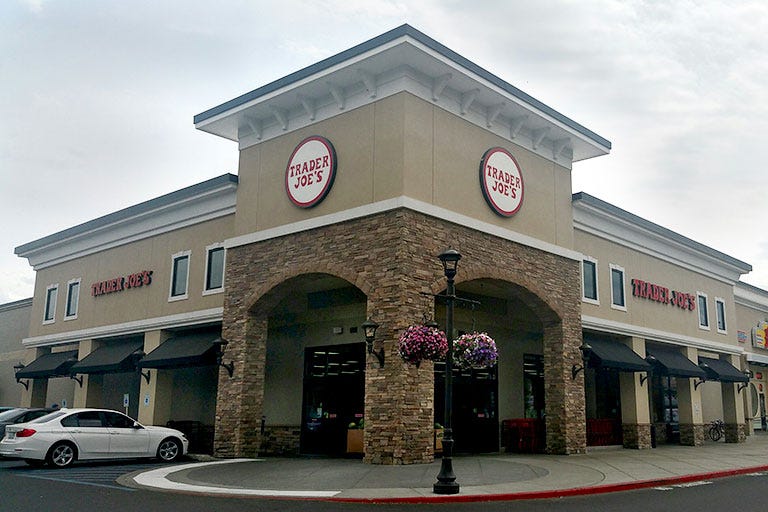Trading
I return a cart. And then someone else doesn’t.
I grab two and then two others don’t.
I put three away and then the third person waits on me. I could have just given them mine.
An elderly woman takes her half empty bag and her bourgeoise purse out and the cart trails off the other way as she hobbles over the ice and snow so she can be home to see her grandchildren and not bring up other certain things with her adult daughter because they’re really just trying; she really loves her grandchildren. She does it because it is important to her to make it any way she can see them.
I see a wife walk back from the pharmacy with eye drops because her husband scratched his cornea while remodeling their first home. The home is their only tangible asset for tomorrow. It is the only thing that they have control over because of biology.
She walks past a cart hiked up on the curb, wedged between the parking block so precariously that it must have taken more effort to leave it there than to find the return stalls. She doesn’t put it away because it wasn’t her problem to deal with.
I’ve seen generational wind storms lose out to grocery runs. The carts are cattle. They are cattle prods into the side of a Prius.
I have made it maladaptive hobby to judge strangers with the expectation not to act in kind.
I want them to act altruistically if only for order.
This is my scapegoat to avoid any real act of kindness.
I am often too scared to let myself be obligated as a gesture of familial like intimacy.
So I take on menial tasks—the trash, clearing the pine needles from my sidewalk, wiping out work microwaves—as a cross to bear of virtue.
Those things don’t quite make a difference. Not on their own.





Interesting analogy, Matthew: “I’ve seen generational wind storms lose out to grocery runs. The carts are cattle. They are cattle prods into the side of a Prius.” Never thought of it this way. But now I will.